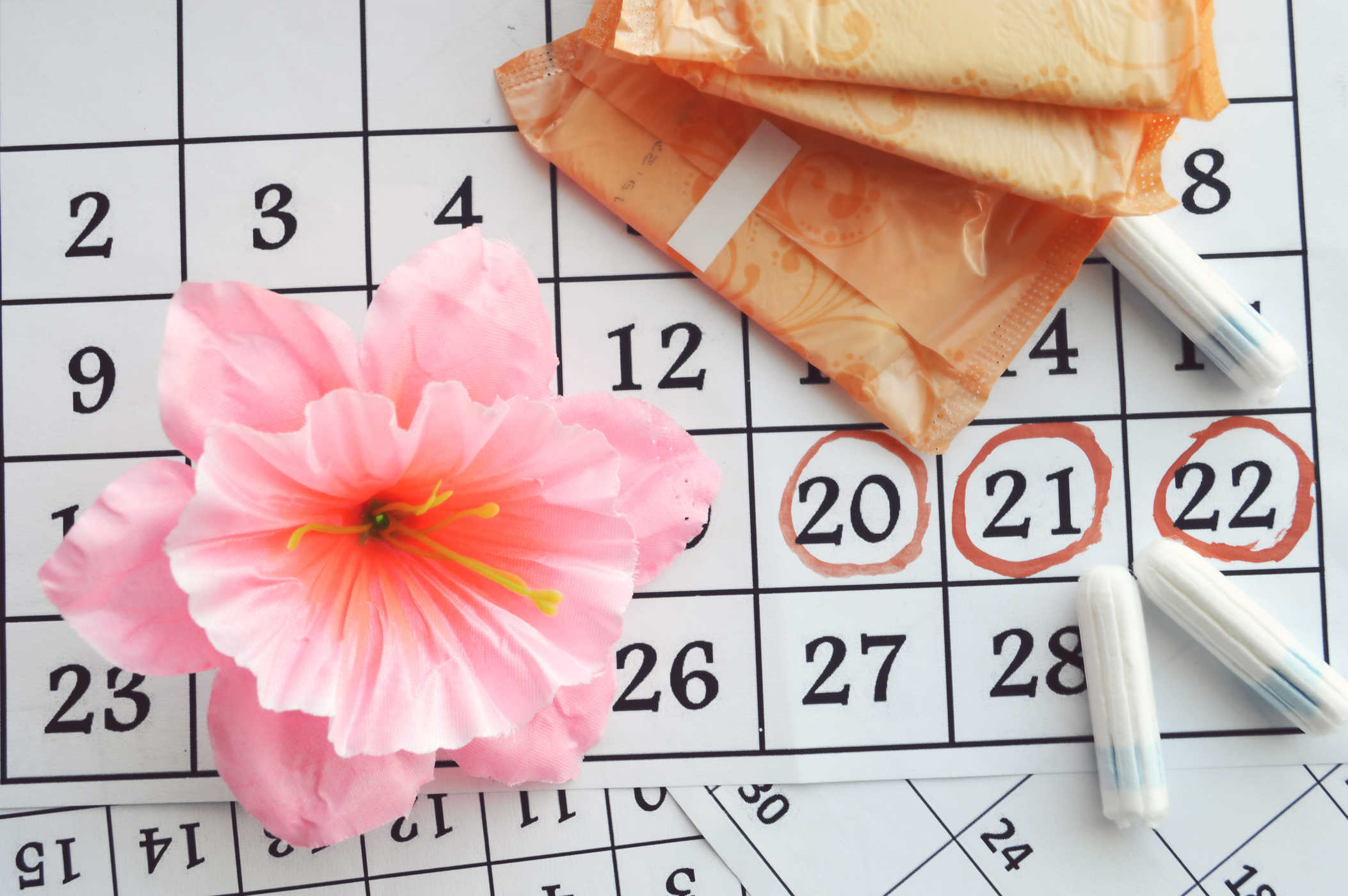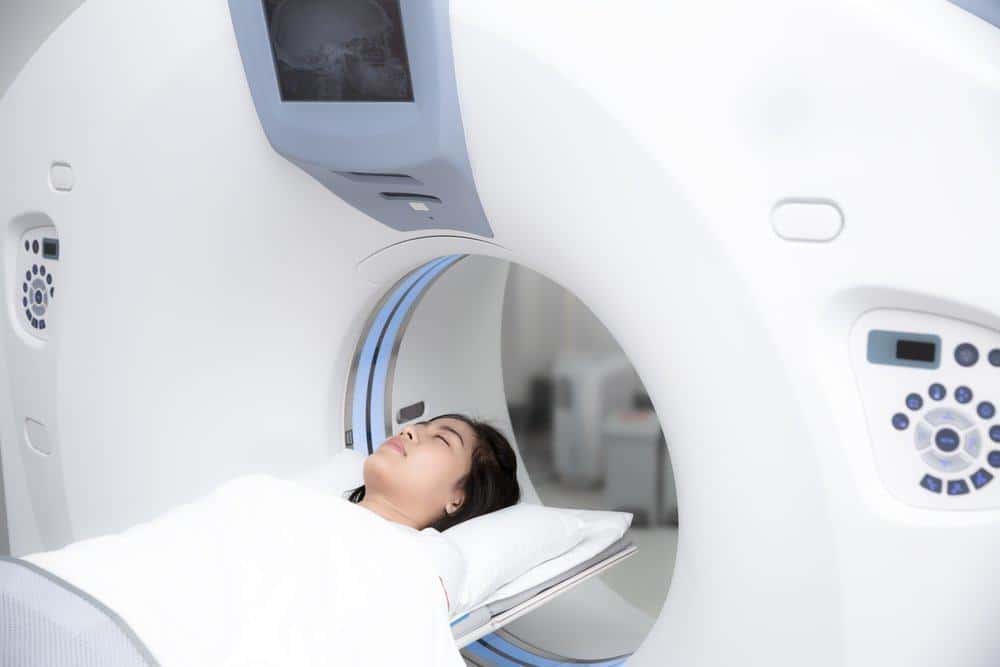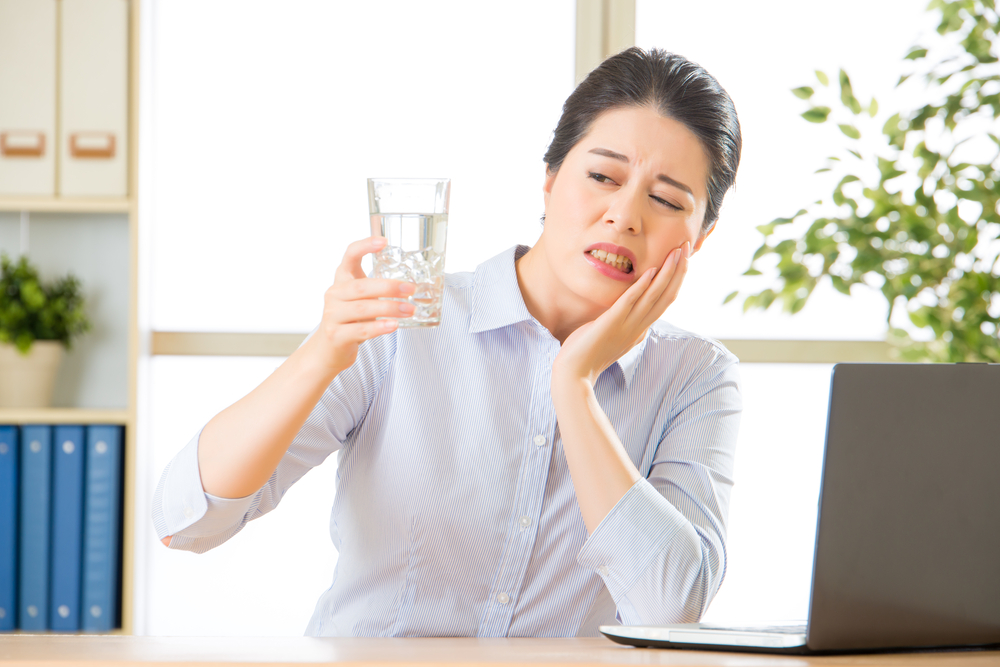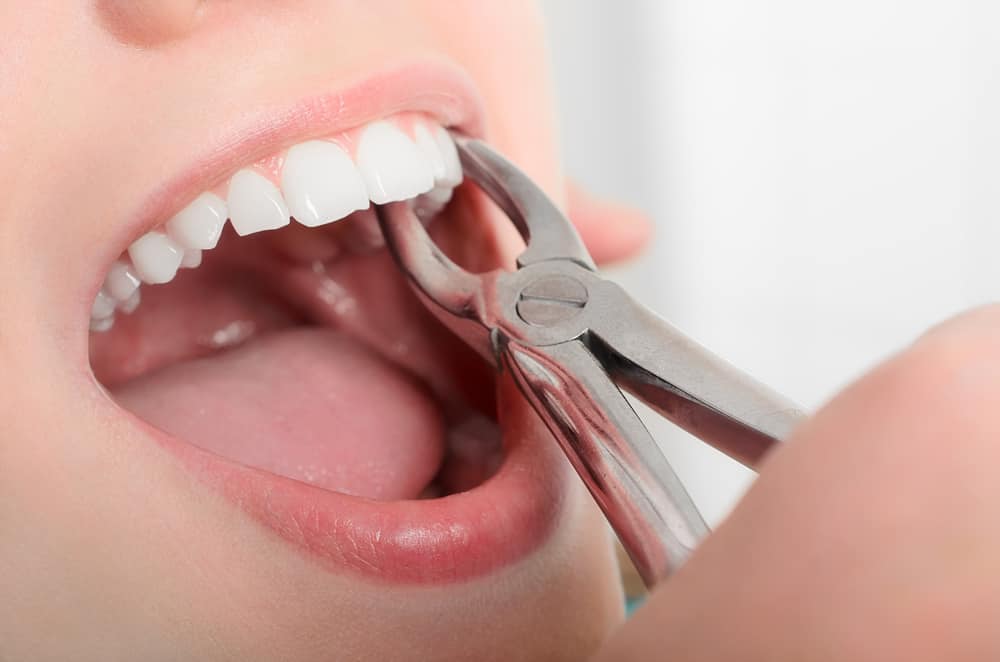Contents:
Medical Video: Endometriosis
Every woman has a different menstrual cycle. Some have regular cycles per ± 28 days, while others can be irregular. Irregular menstruation means you can have a cycle of absence (no menstruation at all), rarely, unpredictable patterns, very heavy menstrual bleeding, or bleeding that continues to prolong.
Treatment for irregular periods is not always necessary. For example, hormonal changes that occur during puberty can cause changes in the normal menstrual cycle. Treatment during this time is usually not needed.
However, you should consult with your doctor before starting any treatment for irregular periods if you notice any of the following changes in your menstruation:
- Bleeding or spots arise after sex
- Your menstrual bleeding is very heavy, which requires you to change pads every 1-2 hours; or use two layers at a time
- You experience heavy bleeding that "leaks" into your clothes or penetrates your bed
- Your period lasts more than 7 days
- Your menstruation is more frequent than once a month
Your doctor will ask about menstruation, lifestyle, and also your medical history to find the reasons underlying your irregular cycle. The treatment needed will depend on the reason behind your cycle's uncertainty
Treatment for overcoming irregular menstrual cycles
1. Treat the underlying medical condition
It is important to treat various diseases that can underlie your erratic menstrual cycle. If you have irregular periods, your doctor will run a blood test to check hormone levels and thyroid function to determine whether polycystic ovary syndrome (PCOS) or a disorder of your thyroid gland is the cause. Women with PCOS can be given birth control pills or other hormones to trigger the period. If you plan to get pregnant, an infertility drug can be prescribed. Hypothyroidism is treated with thyroid hormone supplementation.
If the cause is derived from the structure of the reproductive organs or if medical management proves to be ineffective, the following steps can be considered:
- Surgical removal of polyps or uterine fibroids
- Uterine artery embolization, a procedure to block blood flow to the uterus
- Endometrial ablation, a procedure for burning blood vessels in the endometrial lining of the uterus
- Hysterectomy
2. Replacing contraception
If you have irregular periods that do not heal within a few months after three months of hormonal contraception (IUDs / birth control pills), your doctor can recommend you use other types of contraception. Some women experience irregular periods when using Nexplanon, DepoProvera, or IUD. Check the packaging label that comes with your IUD to learn more about its side effects.
If you start using new contraceptive pills that cause irregular bleeding, you might be advised to change your birth control pill.
3. Change your lifestyle
Some women have changes in their menstrual periods because they exercise too much. Reducing the frequency and intensity of your exercise can help your cycle return to normal. Stress causes many changes in the body, including irregular periods. Relaxation and counseling techniques (talking to a therapist) might help.
Extreme changes in your body weight can affect your menstruation. Body weight can interfere with the body's ability to ovulate, which controls your menstrual cycle. However, extreme sudden weight loss can also cause rare or irregular periods. Managing a healthy weight can help overcome irregular periods.
4. Hormone therapy
Irregular menstrual cycles are often due to lack or imbalance of certain hormones in the body. Birth control pills (oral contraceptives), containing the hormones estrogen and progesterone, are generally prescribed to help control irregular menstruation. A hormone drug called progestin can also help trigger menstruation in women who are rare or not at all menstruating. Other hormone treatments can be prescribed for women with irregular menstruation who have difficulty getting pregnant.
5. Herbal medicines
There are several home-based solutions to help promote a normal menstrual cycle in women who have irregular cycles, for example:
- Coriander. Coriander seeds have emmenagogue properties to stimulate menstrual flow which will promote a more regular cycle. How: boil 1 teaspoon of whole coriander seeds in two cups of water, boil until there is only one glass of water, strain the seeds, and drink coriander water three times a day for several days before your menstrual day
- Aloe vera. Aloe vera can increase the production of hormones responsible for menstruation and can also help in having a regular menstrual cycle. To use aloe gel, split the two leaves of aloe and take the juice. Combine aloe vera juice with 1 tablespoon honey. Drink concoctions for three months to get the best results, but don't drink when you menstruate
- Ginger. Ginger is effective for women who suffer from rare or delayed menstrual cycles. Boil 1/2 tsp of fresh ginger with one cup of water for 5-7 minutes. You can add some sugar to taste. Drink ginger tea three times a day after eating. Repeat the process for at least one month to achieve the best results
- Cinnamon. Cinnamon helps reduce menstrual cramps and promotes the menstrual cycle. In Chinese medicine, cinnamon is said to be effective in providing a warming effect in the body. Cinnamon also contains hydroxychalcone, an active compound that is effective in regulating insulin and affects menstruation regularly. Put 1/2 tsp cinnamon powder in a glass of milk or warm tea and drink the mixture for several weeks
- Young papaya. Young and green papaya can normalize irregular menstrual cycles because of their immune properties, and also help trigger precise contractions of the uterine muscle fibers. Young papaya is very useful for delayed cycles associated with stress or menopause. To achieve optimal results, eat young papaya for 2 months. However, avoid consuming young papaya when you are menstruating
- Turmeric. Turmeric is a body spice heater that can help regulate menstruation and is also good at balancing hormones. In addition, turmeric is also rich in anti-inflammatory and antispasmodic properties, which are effective in reducing menstrual pain. Take a quarter tsp of turmeric and mix with tea, honey or milk. Take the mixture every day for several weeks
READ ALSO:
- Making Love Too Much Makes Pregnant Difficulties, Myths Or Facts?
- Can Pregnant If Irregular Menstruation?
- 10 Causes of Late Menstruation If You Are Not Pregnant












